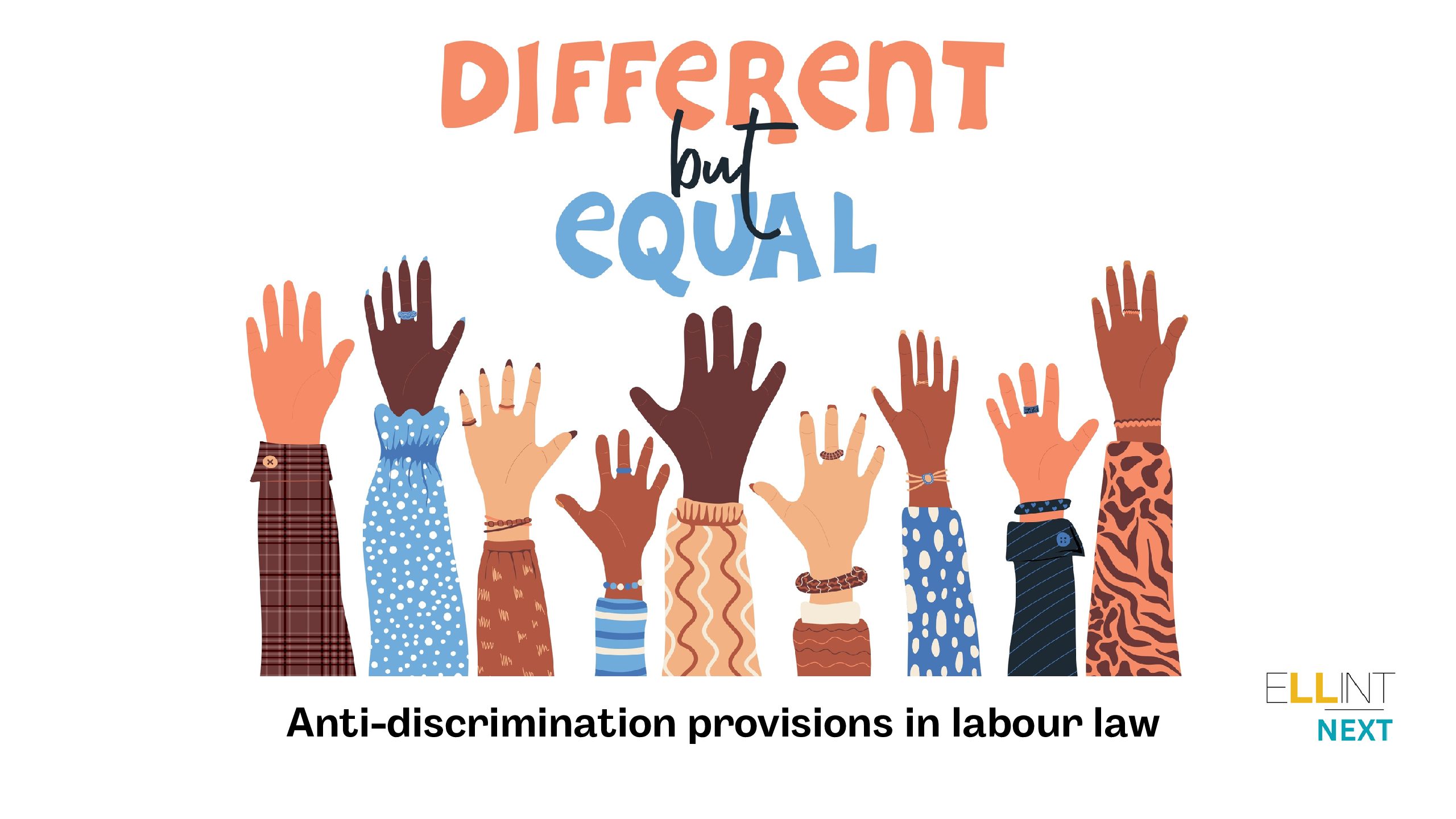Articles

Sick leave following cosmetic surgery
Illness is generally considered a legal absence and therefore gives employees the right to be absent from the workplace. Salaried employees are entitled to full pay during illness and the same applies to many employees covered by a collective agreement. However, this rule is not without exceptions; because if the illness is self-inflicted – caused […]
Read more
Mette Klingsten is ranked by Chambers in Europe Guide 2025
We are thrilled to announce that Mette Klingsten has been ranked as a leading partner in employment law by the esteemed Chambers & Partners in their 2025 European Guide. This marks Mette’s 19th year as a ranked lawyer by Chambers. Chambers Europe evaluates the leading laywers and law firms throughout Europe, aiding companies and individuals […]
Read more
New AI skill requirements for employees
On 2 February 2025, parts of the AI Regulation entered into force. The rules imply that employers must ensure that an adequate level of AI skills is upheld for all employees involved in the operation of the organisation or the use of an AI system. According to Article 4 of the AI Regulation (Regulation (EU) […]
Read more
The Advocate General in favor of complete annulment of the Minimum Wage Directive
On 14 January 2025 the Advocate General delivered an opinion on the action for annulment by the Danish Government (and supported by Sweden) seeking the annulment of the Minimum Wage Directive. The Advocate General proposes that the Directive be annulled in its entirety.
Read more
New year – new employment related rates
As we start the new year employers should be aware of new rates that apply both in connection with taxable rates, other employee benefits and work and residence benefits. This article sets out a summary of the main provisions.
Read more
UK introduces pre-travel authorisation requirements
The UK has introduced new rules for individuals travelling to the UK, meaning that visitors from 48 countries will have to apply for an electronic travel authorization (ETA) prior to travel to the UK.
Read more
New law on gender balance adopted
On 12 December 2024, the Danish Parliament adopted legislation regarding gender distribution in management boards of large listed limited companies (the Gender Balance Act). The Act implements the Gender Balance Directive of November 2022, which aims to promote a more equal gender distribution among directors of listed companies. The Gender Balance Act will mean that the largest listed companies will now be subject to new and stricter require-ments in relation to ensuring an equal gender distribution among management members. The Act enters into force on 28 December 2024 and takes effect for the financial year beginning on or after 1 January 2025.
Read more
Supreme Court rules that no compensation is payable when an employee terminates the employment
In a judgment of 6 December 2024, the Supreme Court ruled that a secretary who resigned from his position due to the employer's failure to pay salary was not entitled to compensation for unfair dismissal pursuant to section 2(b)of the Salaried Employees Act.
Read more
Danish Parliament adopts bill imposing stricter requirements for posting foreign employees in Denmark
On 28 November 2024 the Danish Parliament passed a bill tightening the requirements for foreign companies posting employees in Denmark. A new requirement of presentation of identification will enter into force on 1 January 2025, while additional requirements in connection with registration in RUT will enter into force on 1 January 2026.
Read more
When will an employer be liable for injuries sustained by an employee whilst working from home.
On 28 June 2024, the Eastern High Court ruled on whether a personal injury sustained by an employee whilst working from home was a work-related injury covered by section 5 of the Workers' Compensation Act.
Read more
Anti-discrimination provisions in labour law
Discrimination in the workplace is a very broad and complex issue, both because it can be based on various factors (e.g. health, gender, sexual orientation, age, religion, race, etc.), and because it can occur at all stages of the employment relationship, from the recruitment phase to possible termination.
Read more
Protective regulations for pregnant women and mothers in labor law: Germany and France
Ensuring the safety and well-being of pregnant women and mothers is an important aspect of labor law in many countries. These protective regulations not only safeguard the health of mother and child, but also provide the necessary job security and financial support during this difficult period. However, the details of this protection can vary greatly depending on the legal framework and cultural context of each country.
Read more